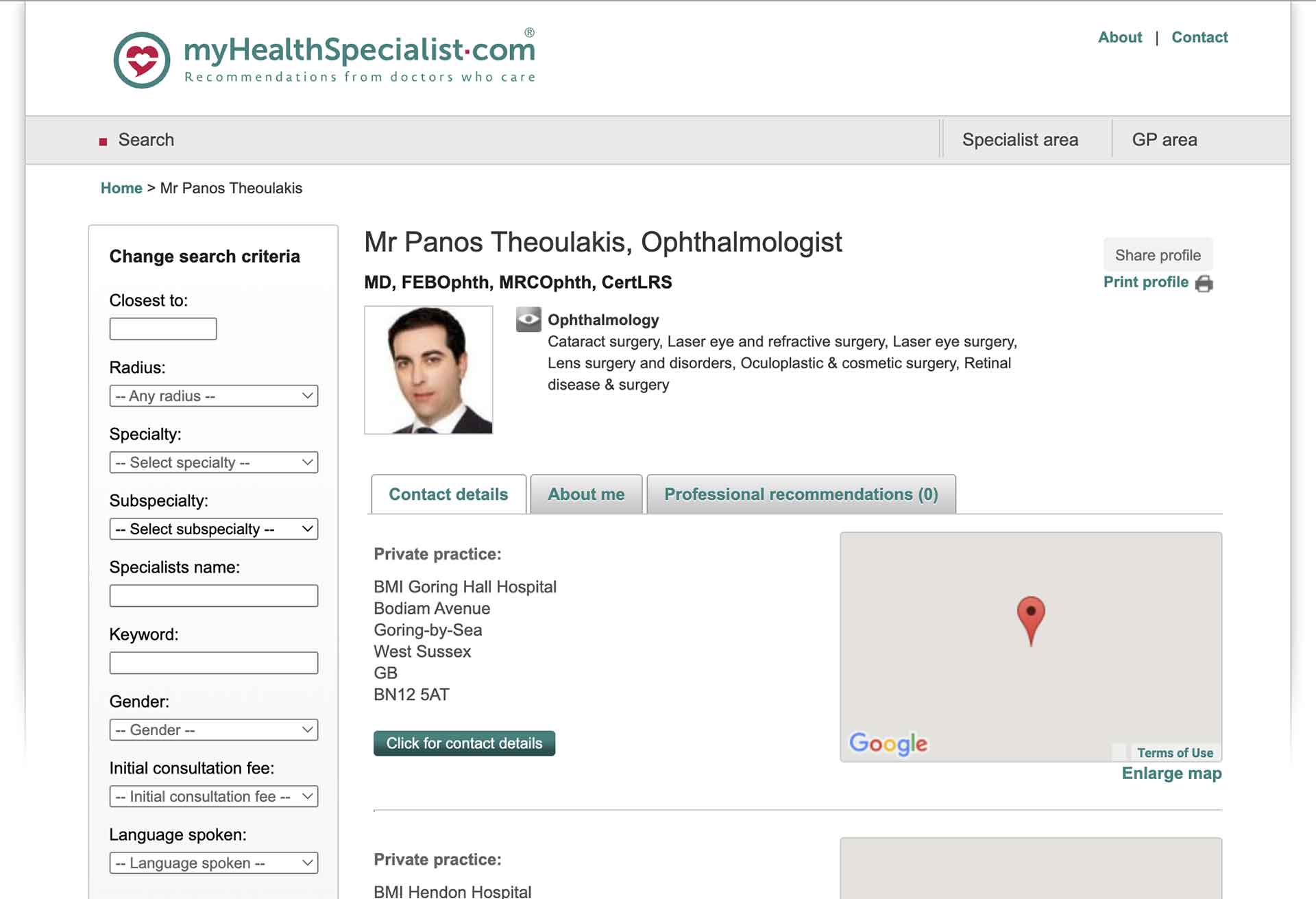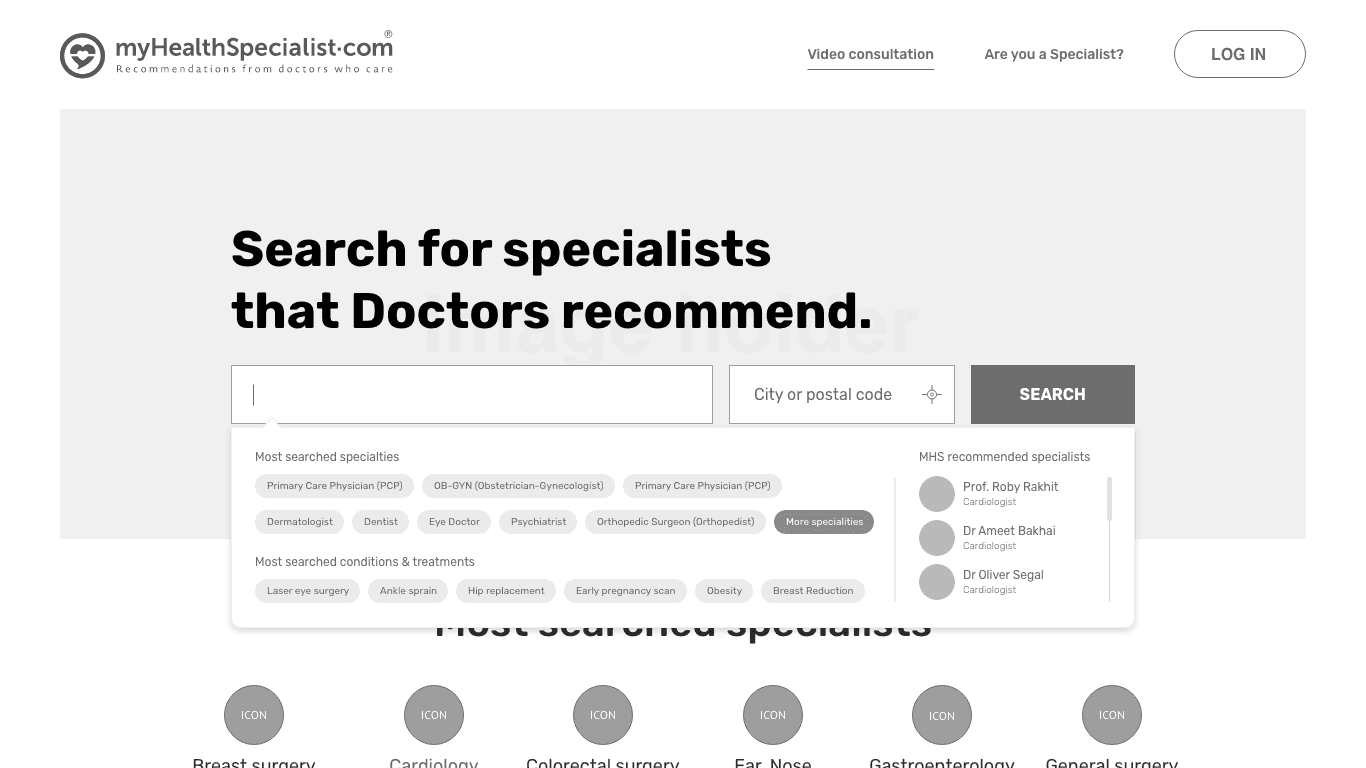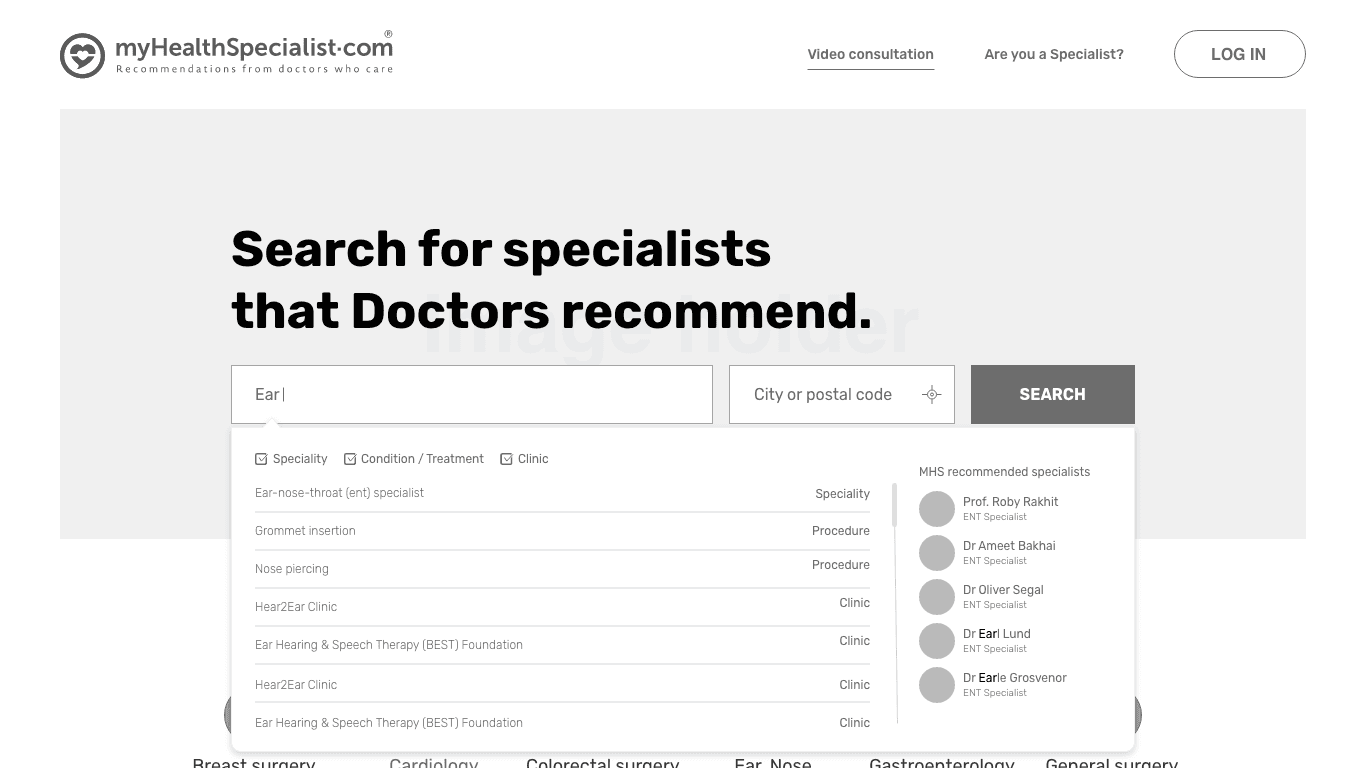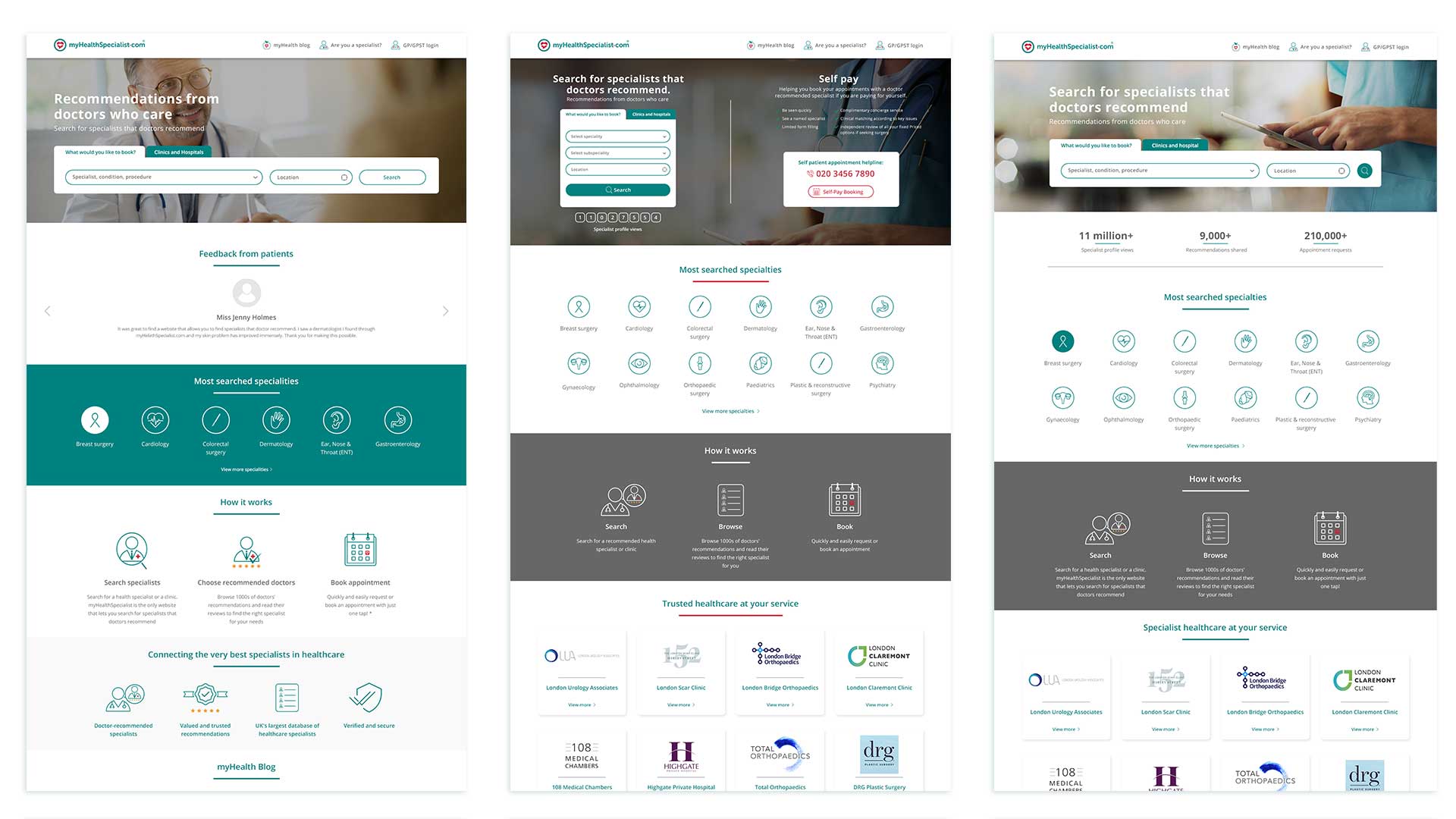Client
MHS
Role
Lead UX Designer
The intro
<!-- Role -->
Lead UX Designer – Discovery to Validation
Led end-to-end product experience redesign, including heuristic evaluation, user interviews, IA restructuring, booking workflow redesign, and usability validation. Worked closely with stakeholders to align booking conversion goals with user trust and clarity.
<!-- Objective -->
Increase doctor booking completion by reducing friction in search and appointment workflows for high-anxiety, high-intent users.
Reduced friction in a high-stress healthcare booking journey.
<!-- Key outcome -->
The redesign focused on reducing friction in high-intent booking flows. As a result:
Users reached specialists 18% faster (improved TTV)
Bounce rate reduced by 13% (lower early confusion)
Appointment conversion improved through simplified booking confirmation
<!-- Challenge -->
Users visited MHS in moments of urgency and anxiety. However, the existing experience:
Relied heavily on medical terminology
Lacked clear booking confirmation
Had weak search hierarchy
Provided limited visibility of system status
The mismatch between user mental models (search → compare → book) and the interface structure led to hesitation and drop-offs.
The challenge was to reduce cognitive friction in a time-sensitive healthcare context.
Old Design - Homepage
Old Design - Doctor's Profile Page
The process
<!-- Analysing the competitive landscape -->
Reviewed leading healthcare discovery platforms to evaluate:
Search prominence
Filter structures
Trust signal placement
Booking confirmation clarity
Observed that platforms with higher booking success clearly structured search-first experiences and surfaced trust indicators prominently.
This informed our prioritization of clarity over feature expansion.
<!-- Understanding the user -->
User interviews revealed:
Users were often anxious and outcome-focused
They wanted to “get it done quickly”
Many were unfamiliar with medical terminology
They relied heavily on reviews and visible credentials
This shifted our focus from interface aesthetics to anxiety reduction and clarity.
<!-- Mental Model->
Users expected a simple flow:
Search → Compare → Confirm → Book
The existing system disrupted this expectation with:
Filter confusion
Unclear booking status
Terminology-heavy discovery
We restructured the IA to align with this natural mental progression. This reduced cognitive load and improved booking confidence.
<!-- Lean UX methodology->
Instead of a large upfront redesign, we:
Formed hypotheses
Rapidly prototyped improvements
Conducted usability walkthroughs
Measured task time, completion, and drop-offs
This iterative approach allowed quick validation of behavioural improvements.
A few iterations
<!-- Solution -->
Key strategic decisions included:
Increased prominence of search
Introduced specialty icons for non-terminology users
Improved booking confirmation visibility
Added progress indicators and clearer CTAs
Strengthened profile transparency (credentials, reviews, experience)
The redesign prioritised clarity and reassurance over visual enhancement.











